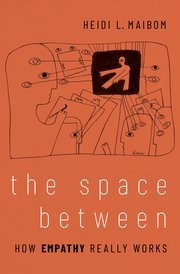The Space Between: Post 2
Heidi Maibom, University of Cincinnati and University of the Basque Country In my last post, I talked in general ways about how the creatures that we are determines our pre-reflective way of thinking about the world. We represent things as occurring in time and space as Immanuel Kant observed, for …


